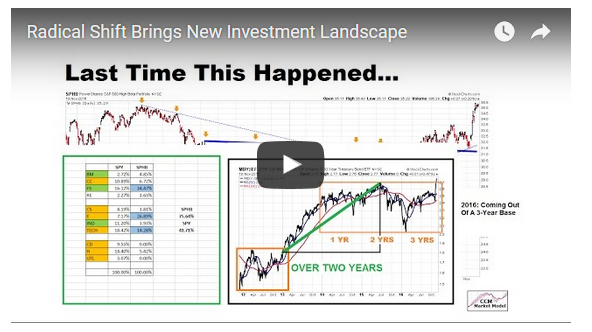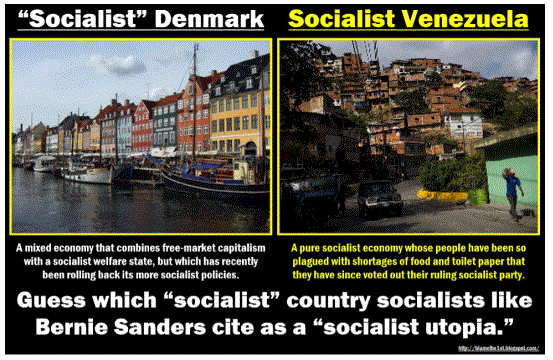Cryptocurrency: Is Bitcoin the Future of Money?
Just a few short years ago no one had heard of them and now it seems like everybody on the Earth knows about Bitcoin. Bitcoin (a peer-to-peer electronic cash system) was first introduced in October 2008… In 2012, at InflationData, we published an article entitled “Civil Liberties Rest Upon Sound Money” about the new currency. Since then the use of bitcoins has grown astonishingly quickly. Being the prescient financial wizards that they are, in 2014 Robert Prechter and our friends at Elliott Wave International began offering their expert financial advisory and educational materials for sale via Bitcoins… Today there are some 14.6 million bitcoin units in circulation… One major problem with most currencies is that there is nothing to stop governments from printing an infinite amount of them. This erodes the value of the existing currency and can cause them to become worthless through hyperinflation like the currencies of the German Weimar Republic and Zimbabwe… Bitcoin is unique in that only 21 million bitcoins will ever be created.
Cryptocurrency: Is Bitcoin the Future of Money? Read More »








